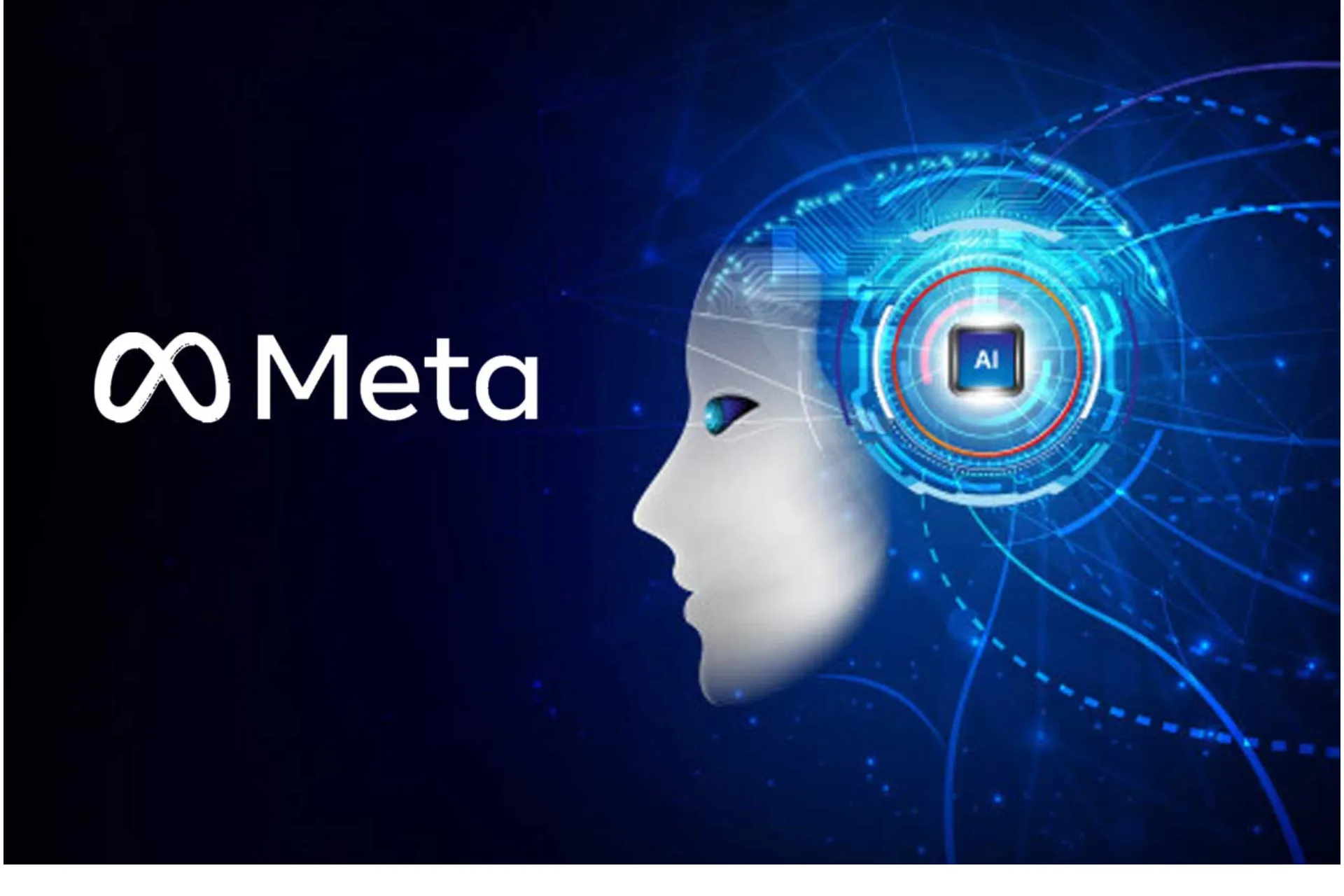
Developing decentralized applications (dApps) is an emerging trend in the IT industry. A distributed application, or dApp, is a program that operates on a distributed ledger or peer-to-peer network. This program operates independently of any central authority and is distributed freely to the public. A good example is Jasmy, an Ethereum-based decentralized app (DApp) designed to help individuals control access to their consumer usage data. The app allows people who use various digital devices and technology, particularly Internet of Things (IoT) devices, to monetize their usage data via the decentralized platform confidentially. As you check out the current Jasmycoin Price and other critical information about the coin, you may be in a good position to see why this article is focused on why blockchain is essential to developing DApps like Jasmy.
Why the use of blockchain?
Blockchain technology is a game-changer that may drastically alter how businesses conduct their operations. It provides a trustworthy distributed ledger for safe and traceable data storage and transmission. It makes it perfect for building distributed applications, paving the way for safe and efficient software. One of its primary advantages is the immutability of the transaction records provided by blockchain technology. Because of this, once a transaction logs on the blockchain, it is impossible to alter. This is important for any decentralized application since it guarantees the integrity of all financial dealings for example. In addition, blockchain technology allows developers to build scalable apps to support more users without compromising speed or dependability.
Examples of dApps built on blockchain tech
The proliferation of blockchain technology has led to the rise of decentralized apps (dApps). Some examples of decentralized applications are games like CryptoKitties, where players buy, sell, and breed digital cats; prediction market platforms like Augur; browsers like Brave, which give users cryptocurrency in exchange for viewing advertisements; cloud storage solutions like Storj; and decentralized marketplaces like OpenBazaar, where users can buy and sell goods with no transaction fees or other limitations. Since blockchain technology is used to create these apps, they are more trustworthy than conventional ones.
Comparison of centralized and decentralized App development
The conventional software development method is called “centralized app development.” It involves a single team of developers working on all aspects of the project. This method improves the management of the development cycle and facilitates the testing of individual parts to guarantee a seamless operation. However, having all adjustments done by the same group may drive up costs and lengthen development times. One solution is decentralized app development, which entails splitting the work and delegating it to several people or groups. Since multiple teams may work on different aspects of the project simultaneously, it reduces the development timelines. Because adjustments can be made rapidly rather than waiting for other teams to complete their job, it also provides more flexibility.
Examining the challenges and limitations
As a novel idea, developing decentralized apps using blockchain technology has unique difficulties and constraints. Scalability is a significant obstacle. As more people use the network, the quantity of data they handle snowballs. As a result, consumers may experience longer wait times for transactions and increased costs. The security of decentralized applications is also an issue of concern. Since the blockchain is open to the public, hackers can see the source code and possibly exploit any flaws. There is also no assurance that these applications will remain safe or trustworthy over time since they are not governed by a single authority. The decentralized structure of these applications makes them vulnerable to censorship by governments and other controlling bodies.
The bottom line
The popularity of developing decentralized apps using blockchain technology is rising and will likely keep growing. As the technology matures, more capabilities and features for dApps are on the way. The sky is the limit for companies hoping to use blockchain technology, thanks to these emerging trends in decentralized app development.






















